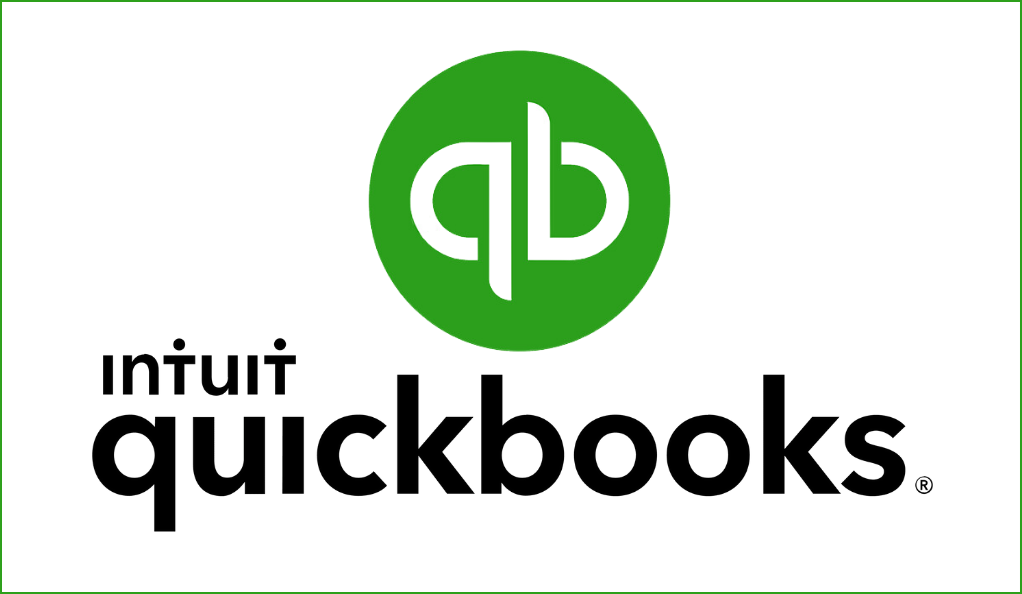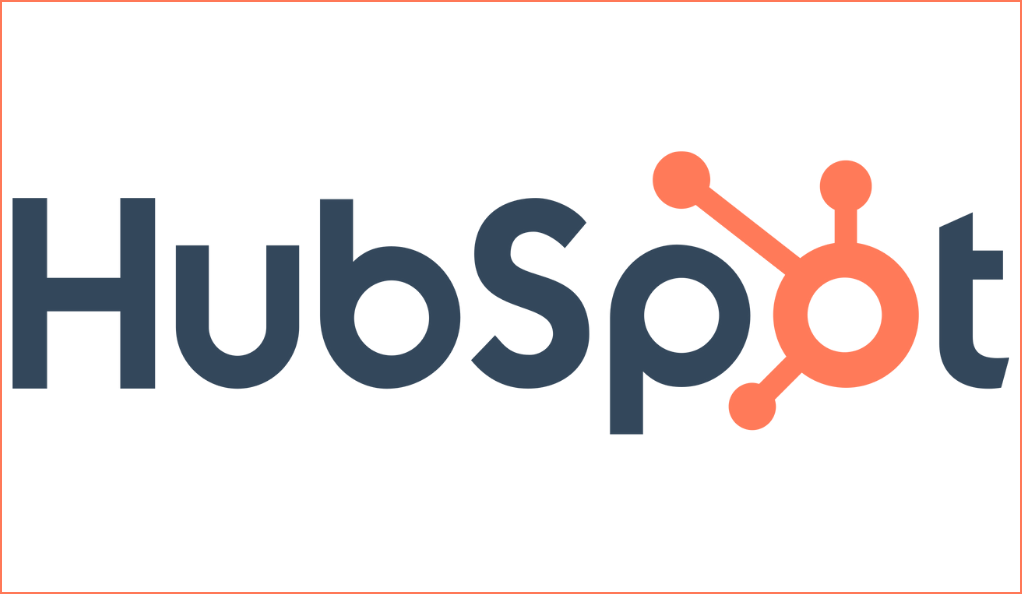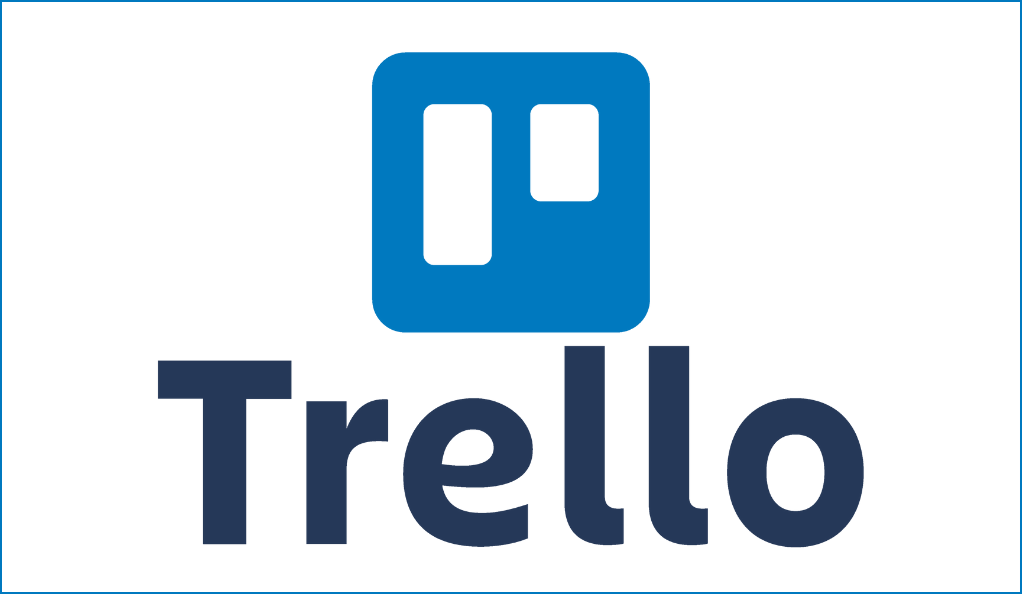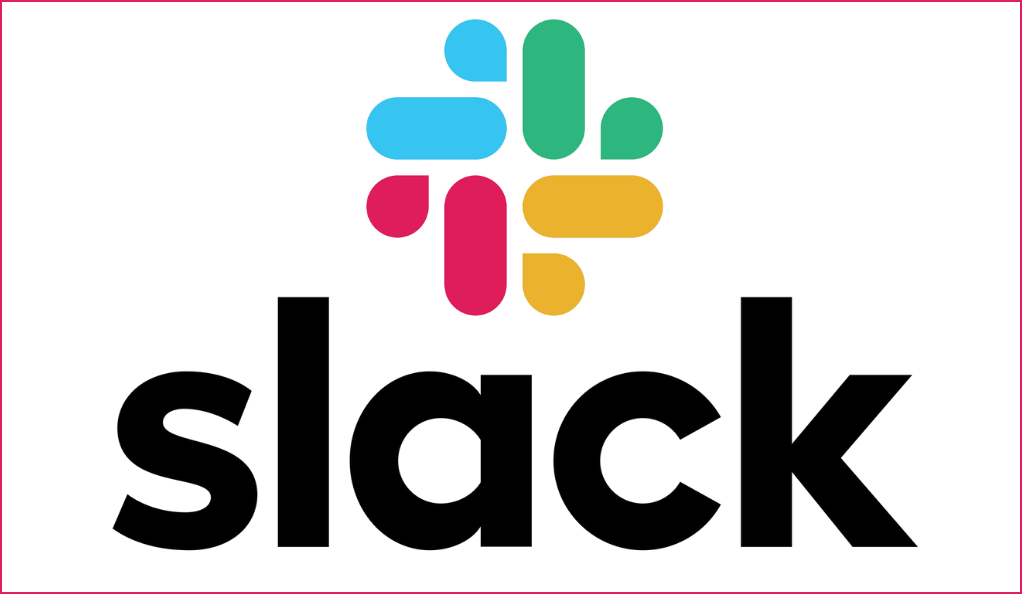Enhancing Productivity: Top Software Solutions for Small Businesses
In the digital era, small businesses are constantly seeking ways to stay competitive and efficient. With the myriad of challenges they face, from tight budgets to limited manpower, leveraging technology becomes paramount. Software solutions tailored for small businesses not only streamline operations but also offer opportunities for growth and expansion. This article will explore some of the top software solutions that are indispensable for SMEs in their quest for enhanced productivity.
The landscape of business operations has dramatically shifted over the past decade. With the rise of digitalization, businesses, regardless of their size, have had to adapt to new ways of functioning. For small businesses, in particular, this transition can be daunting. However, with the right software solutions, these challenges can be transformed into opportunities. From accounting to communication, the right tools can make all the difference.
Accounting and Financial Management: QuickBooks

QuickBooks is a household name when it comes to accounting software tailored for small businesses. With its user-friendly interface, businesses can easily navigate through their financial data, ensuring accuracy and transparency. Whether it’s tracking expenses, generating invoices, or managing payroll, QuickBooks offers a holistic solution.
The importance of accurate financial management cannot be overstated for small businesses. Mistakes in accounting can lead to significant losses and even legal complications. With QuickBooks, businesses can rest assured that their financial data is in safe hands. The software also integrates seamlessly with other tools, making it a versatile choice for businesses of all types.
Customer Relationship Management (CRM): HubSpot

HubSpot stands out as a comprehensive CRM solution designed to cater to the multifaceted needs of businesses. From lead generation to customer retention, HubSpot provides tools that ensure businesses maintain strong relationships with their customers. Its automated marketing campaigns, for instance, allow businesses to reach their target audience effectively.
In today’s competitive market, understanding and catering to customer needs is paramount. HubSpot’s analytics tools provide businesses with insights into customer behavior, enabling them to tailor their strategies accordingly. Moreover, with its integrated approach to sales and customer service, businesses can ensure consistent and high-quality interactions at every touchpoint.
Project Management: Trello

Trello has revolutionized the way teams manage projects. Its visual card-based system allows for easy tracking of tasks, ensuring that teams stay aligned and projects are completed on time. With customizable boards, teams can adapt Trello to fit their specific needs, making project management more efficient.
Collaboration is at the heart of successful project management. Trello fosters this by allowing real-time interactions between team members. Whether it’s assigning tasks, setting deadlines, or sharing feedback, Trello ensures that everyone is on the same page. Its integration capabilities further enhance its utility, making it a must-have tool for SMEs.
Communication: Slack

Slack is more than just a messaging platform; it’s a hub for team collaboration. With dedicated channels for different projects or departments, teams can communicate seamlessly, ensuring that information flows smoothly within the organization. File sharing, video calls, and third-party integrations make Slack a comprehensive communication tool.
Effective communication is the backbone of any successful business. Slack recognizes this and offers features that go beyond traditional messaging. Its search functionality, for instance, ensures that team members can easily find past conversations or files, reducing time wasted on searching for information. Moreover, its security features ensure that business communications remain confidential.
E-commerce: Shopify

For SMEs venturing into the e-commerce space, Shopify is a game-changer. This platform simplifies the process of setting up an online store, offering customizable templates, secure payment gateways, and robust inventory management tools. With its user-friendly interface, businesses can have their store up and running in no time.
The e-commerce landscape is constantly evolving, and businesses need a platform that can adapt to these changes. Shopify’s continuous updates ensure that businesses have access to the latest features and tools. Whether it’s integrating with social media platforms or offering augmented reality shopping experiences, Shopify is always at the forefront of e-commerce innovation.
Conclusion
The digital transformation of businesses is no longer a trend but a necessity. For SMEs, this transformation is facilitated by the adoption of the right software solutions. These tools not only streamline operations but also open doors to new opportunities and markets. As the business world continues to evolve, staying updated with the latest software solutions will be pivotal for SMEs aiming for sustained growth and enhanced productivity.
In an age where efficiency and agility are paramount, software solutions offer SMEs the edge they need to thrive. By investing in the right tools, small businesses can level the playing field, competing effectively with larger counterparts. As we move forward, the role of software in shaping the future of SMEs will only become more pronounced.
FAQs
Software solutions are the backbone of modern business operations. They offer SMEs the ability to automate routine tasks, ensuring accuracy and freeing up valuable time. Moreover, with the right software, businesses can gain insights into their operations, helping them make informed decisions and strategize effectively. In a competitive market, having the right tools can be the difference between success and stagnation.
Choosing the right software requires a thorough understanding of your business needs. Start by identifying the challenges your business faces and the goals you aim to achieve. Once you have a clear picture, research various software solutions that cater to those needs. Look for software that offers scalability, has positive reviews, and fits within your budget. It’s also beneficial to opt for software that offers a trial period, allowing you to test its features before committing.
Cloud-based software offers numerous advantages for SMEs. Firstly, it eliminates the need for hefty upfront investments in IT infrastructure. Secondly, cloud solutions are scalable, allowing businesses to adjust their usage based on their needs. Moreover, with cloud software, businesses can access their data from anywhere, offering flexibility and ensuring continuity even in unforeseen circumstances. While on-premises solutions have their merits, cloud-based software is often more cost-effective and convenient for SMEs.
Regular software updates are crucial for multiple reasons. Firstly, updates often come with enhanced features that can improve business operations. Secondly, they address known bugs or vulnerabilities, ensuring that the software remains secure. It’s advisable to set up automatic updates if possible. However, always ensure that you have backed up your data before updating to prevent any potential data loss.
While software can automate many tasks and processes, the human element in business remains irreplaceable. Software solutions can enhance efficiency, provide insights, and streamline operations, but they cannot replicate human intuition, creativity, or interpersonal skills. Instead of viewing software as a replacement, businesses should see it as a tool that complements human roles, making them more effective and efficient.
